Cognitive Development Math Worksheets for Ages 3-8
186 filtered results
-
From - To
Enhance your child’s cognitive development with our specially designed math worksheets for ages 3-8. These engaging activities focus on critical early learning skills such as pattern recognition, sequencing, and number sense. Each worksheet provides age-appropriate challenges that promote problem-solving abilities and logical thinking, essential for young minds. Our colorful, fun designs capture children’s attention, making learning an enjoyable experience. Parents and educators can easily integrate these resources into daily routines to support and track progress. Visit Kids Academy to explore our full range of printable worksheets and nurture your child’s mathematical journey from the comfort of your home.
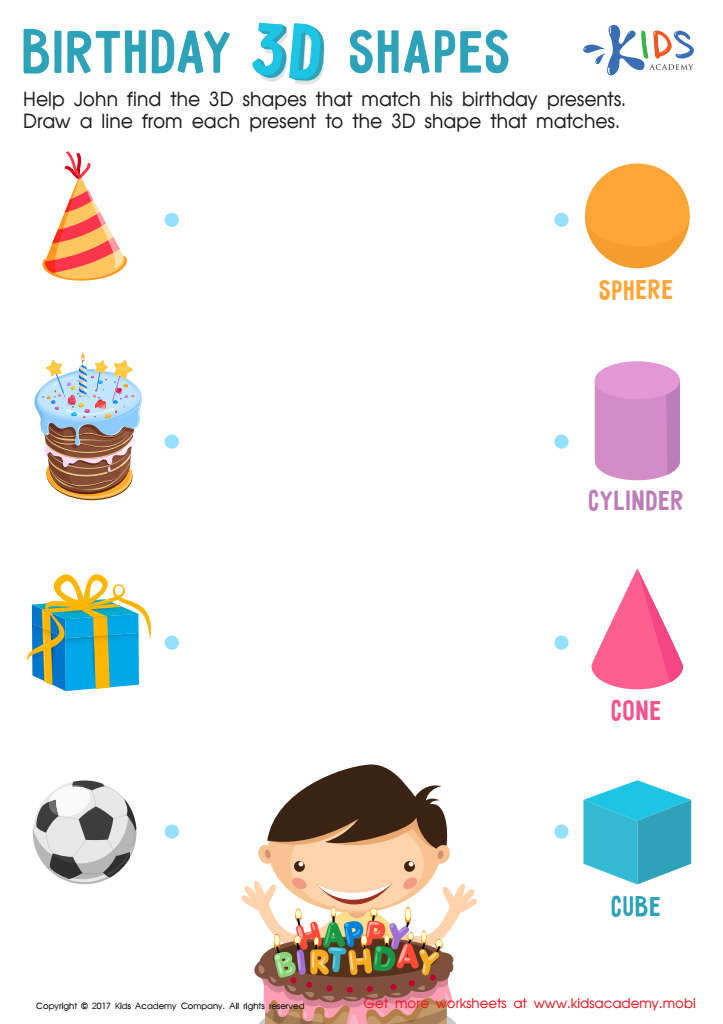

Birthday 3D Shapes Worksheet
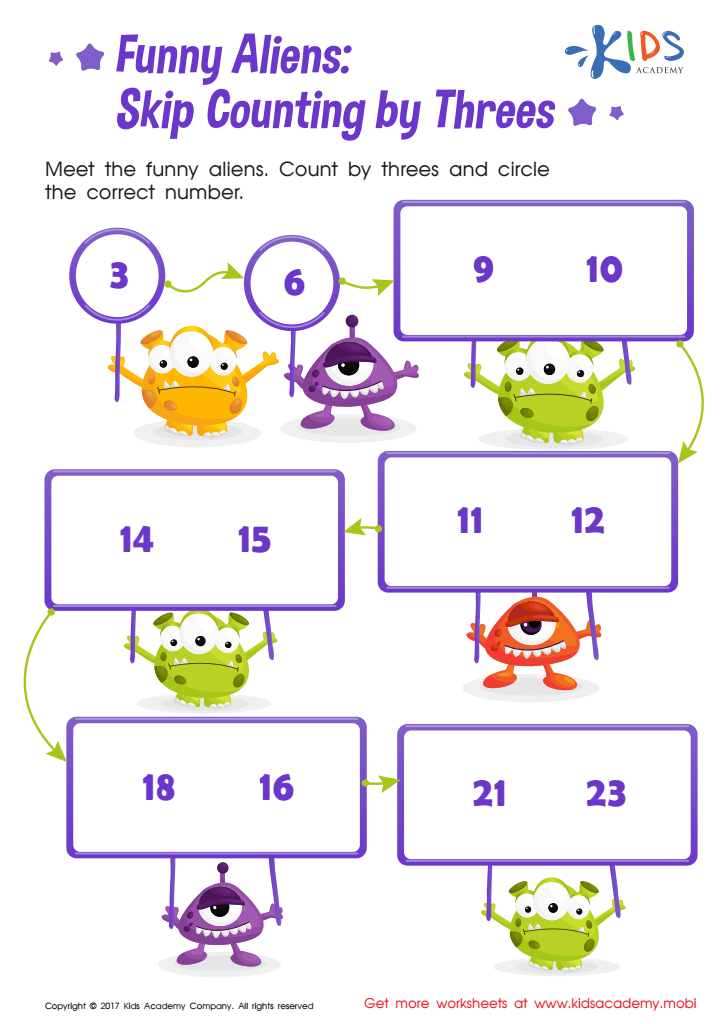

Skip Counting by 3s: Funny Aliens Printable
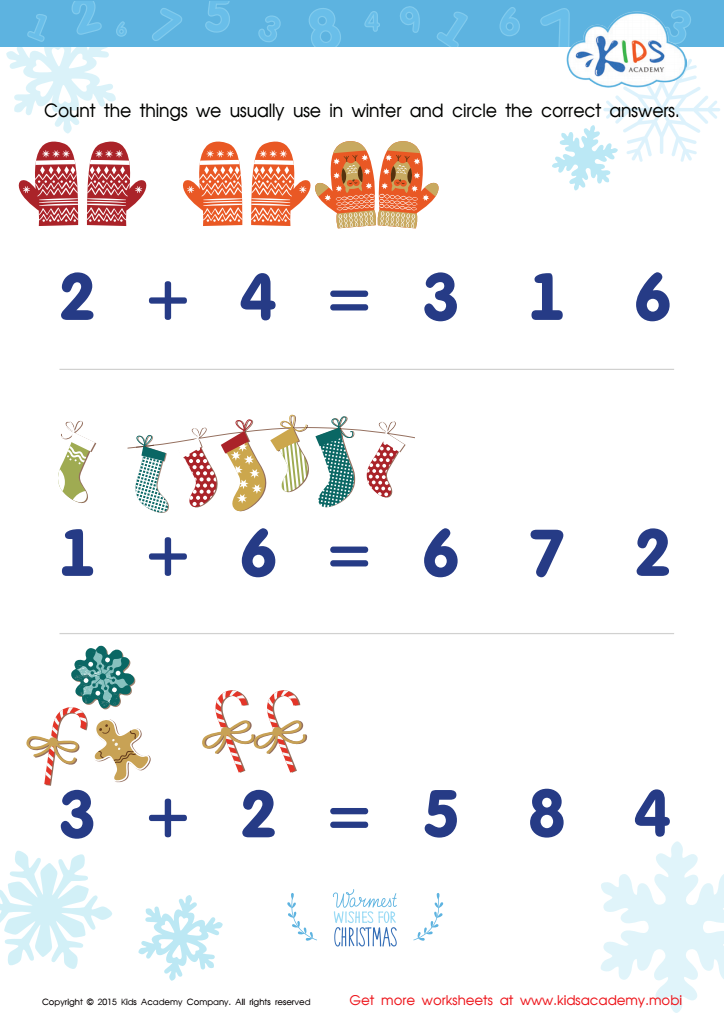

Count Winter Things Worksheet
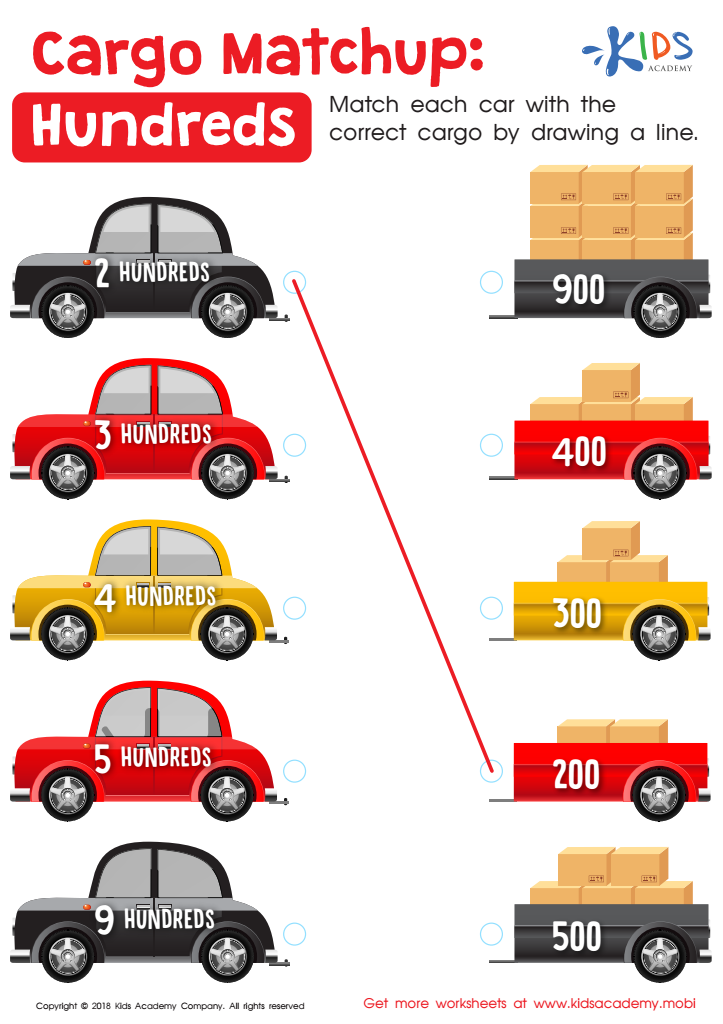

Cargo Matchup: Hundreds Worksheet
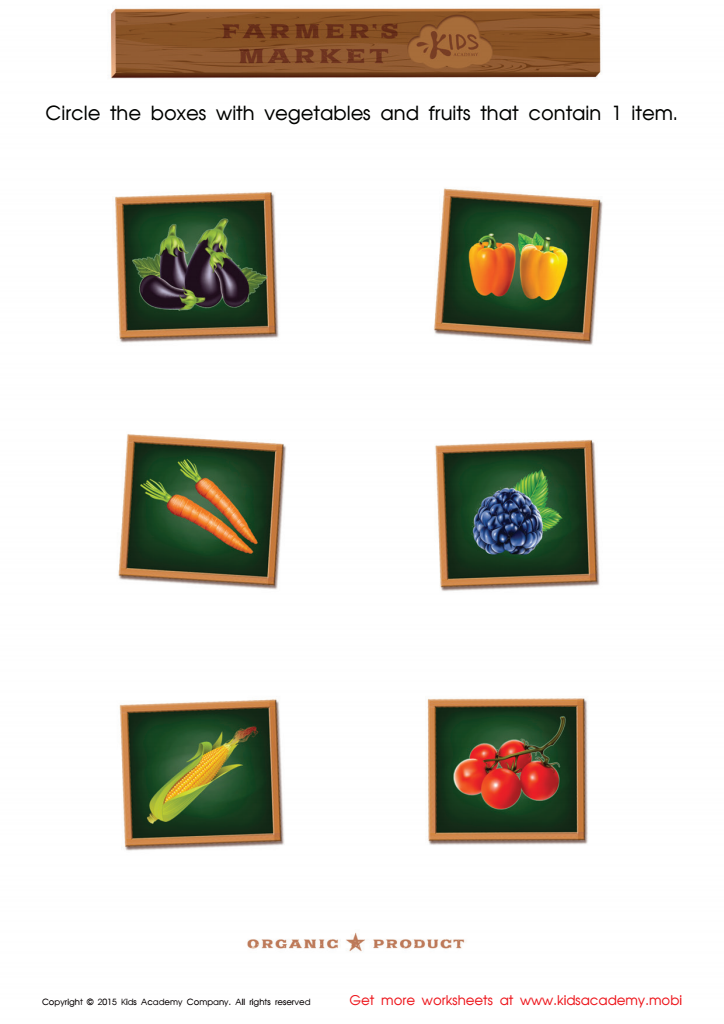

Count and Match Boxes with Vegetables
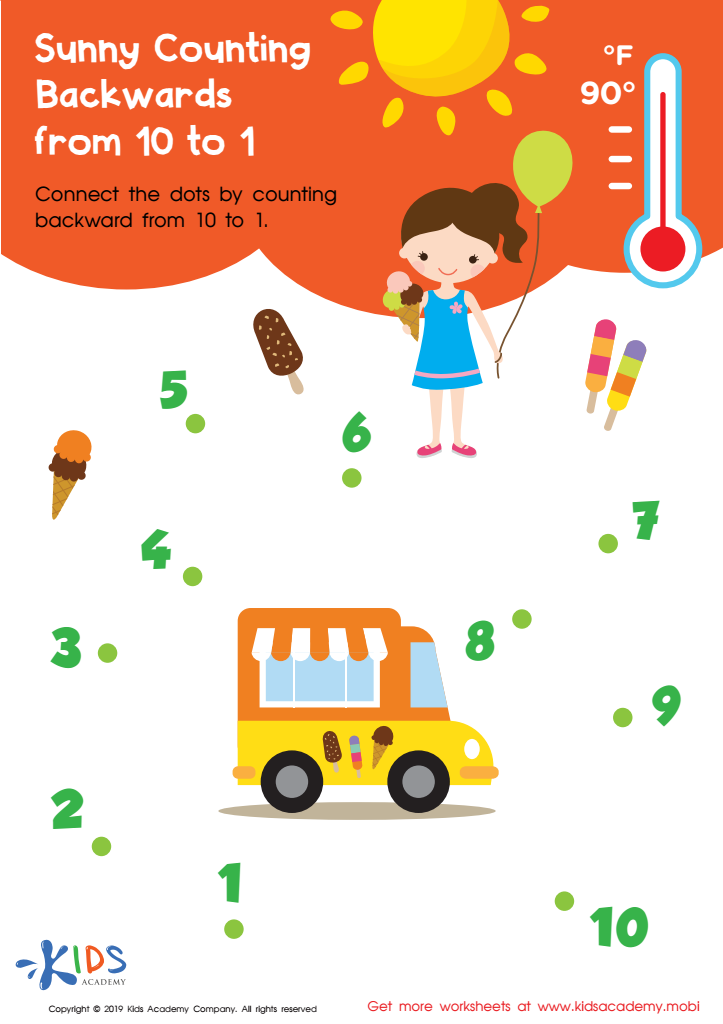

Sunny Counting Backwards from 10 to 1 Worksheet
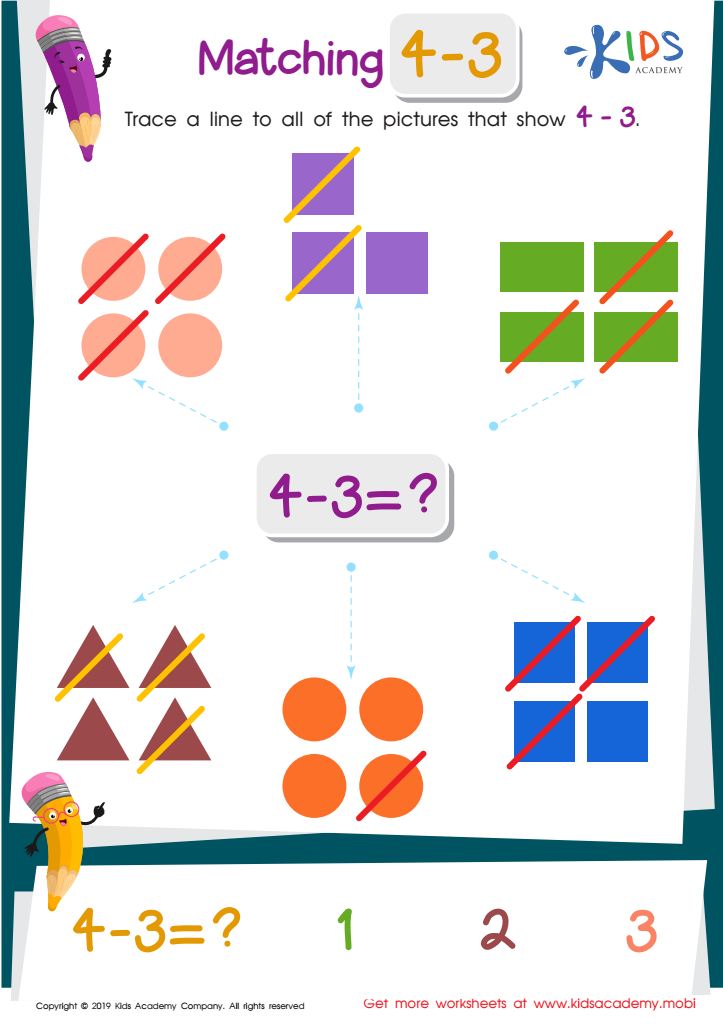

Matching 4 – 3 Worksheet
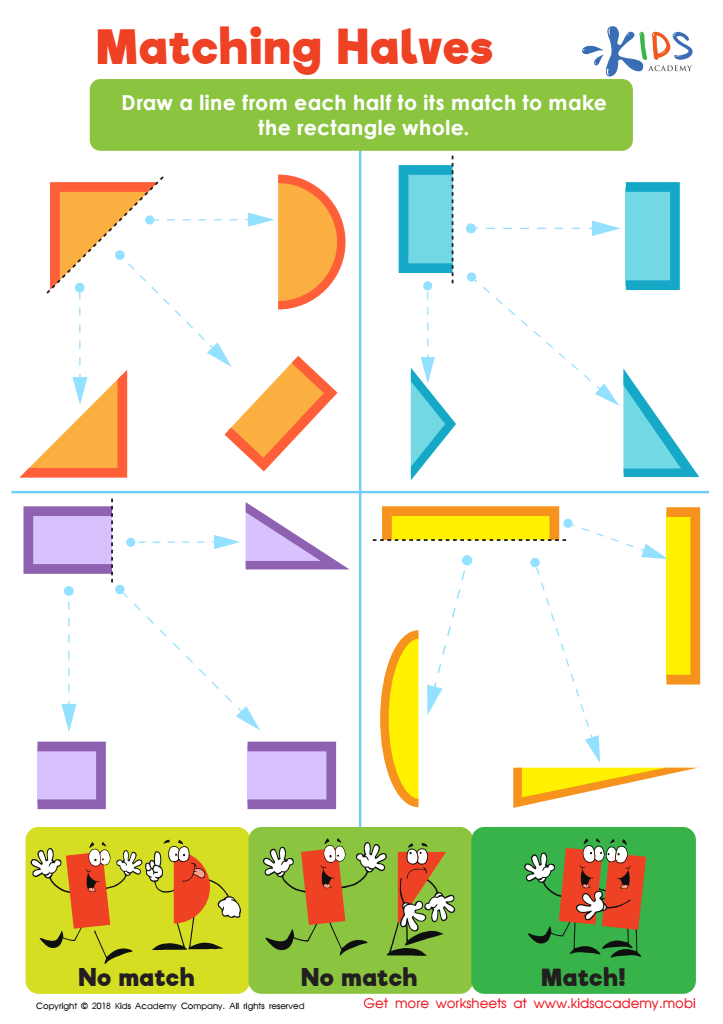

Matching Halves Worksheet
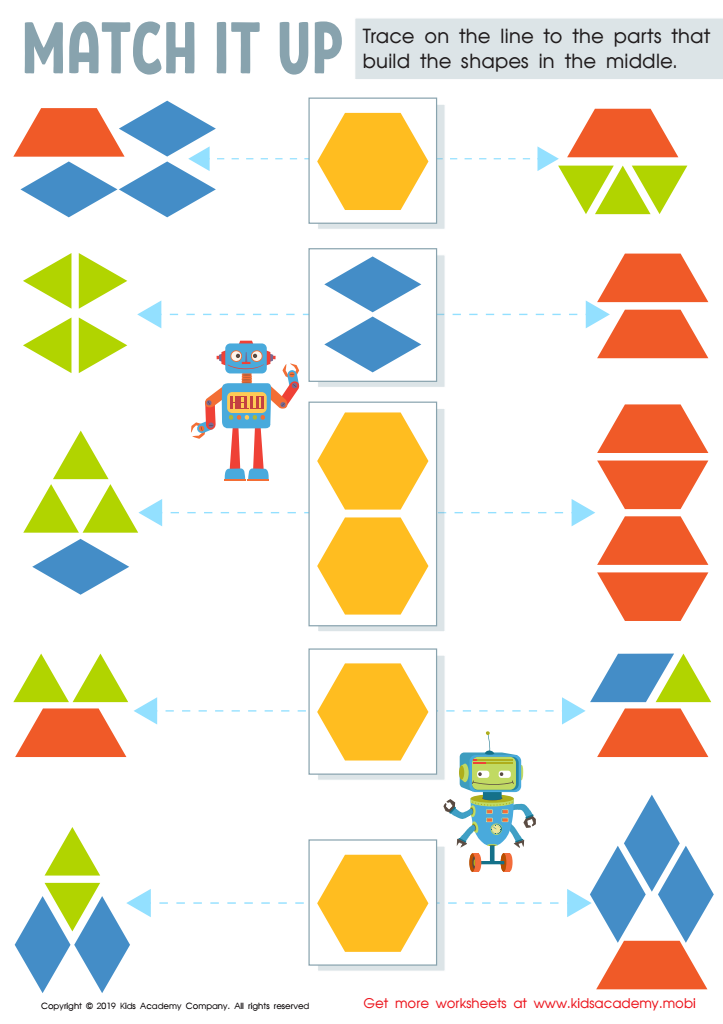

Match It up Worksheet
Cognitive development in mathematics for children ages 3-8 is immensely important, setting the foundation for future academic and life skills. During these critical early years, children's brains are exceptionally receptive to new information. Introducing mathematical concepts such as number sense, patterns, measurement, and basic arithmetic helps strengthen their problem-solving abilities and critical thinking skills.
Play-based learning activities, like counting objects, sorting shapes, and exploring spatial relationships, engage young minds in ways that are both enjoyable and educational. These activities develop children's ability to understand and manipulate numbers and patterns, which are essential skills not just for mathematics, but for science, technology, and everyday life.
Moreover, early math skills have been shown to be strong predictors of later academic success. Children who enter school with a solid understanding of basic math concepts tend to perform better not just in mathematics, but also in reading and overall school readiness assessments.
Parents and teachers play pivotal roles in nurturing this cognitive development. By providing age-appropriate challenges, encouraging curiosity, and praising effort, they can create a supportive learning environment where children build confidence and a positive attitude towards math learning. Investing time and resources in early math education pays off, setting a sturdy foundation for a child's future academic and personal achievements.
 Assign to My Students
Assign to My Students
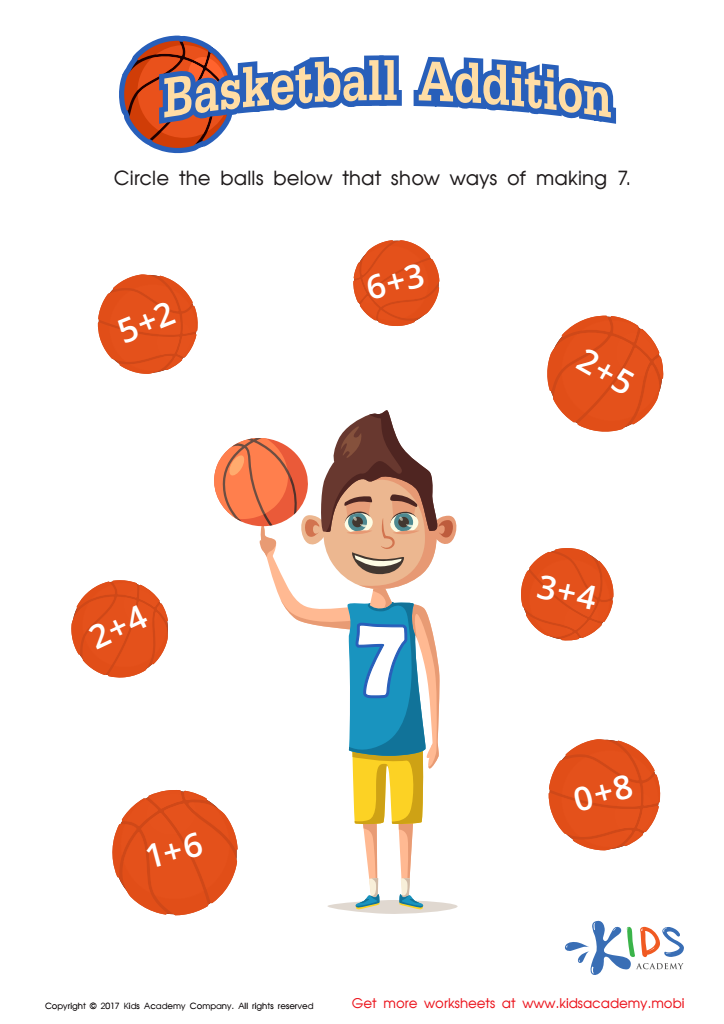

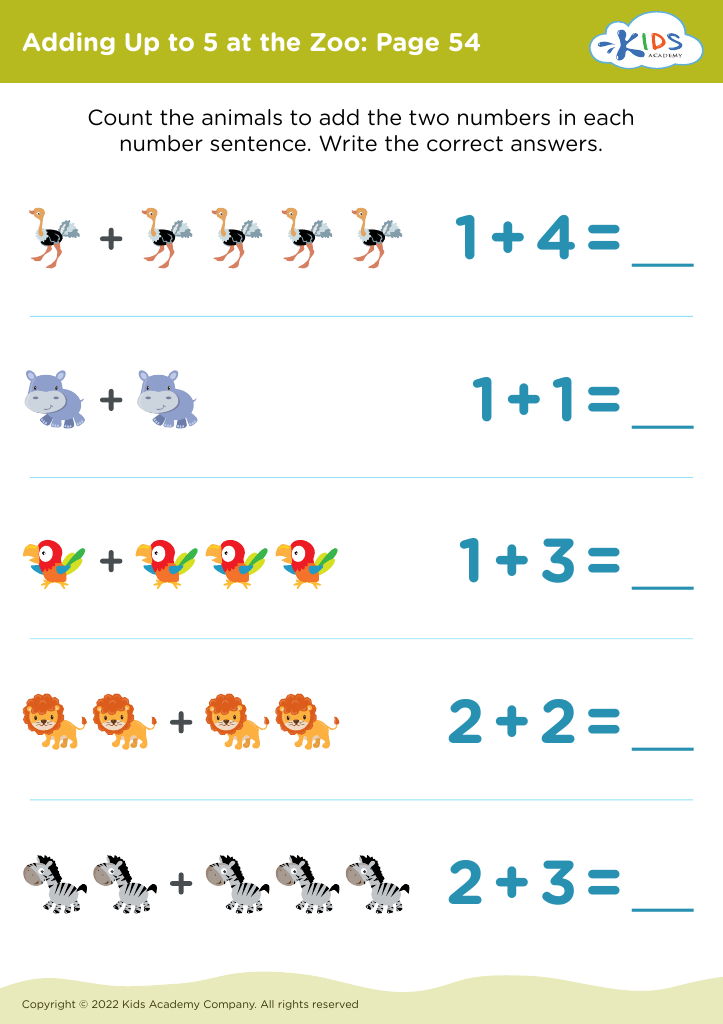
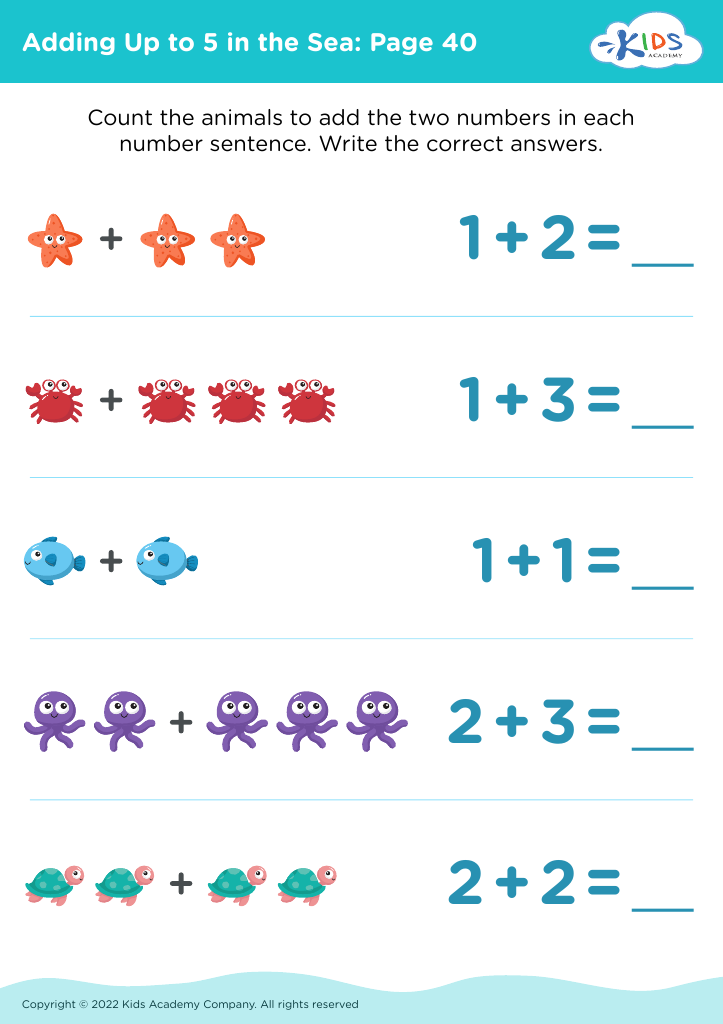
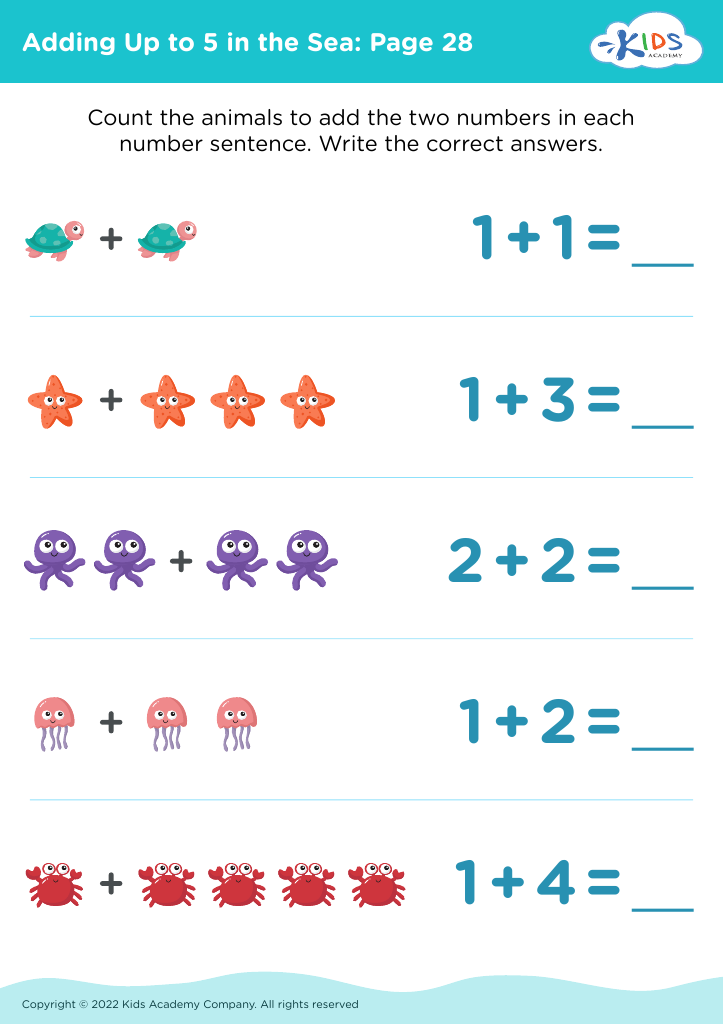

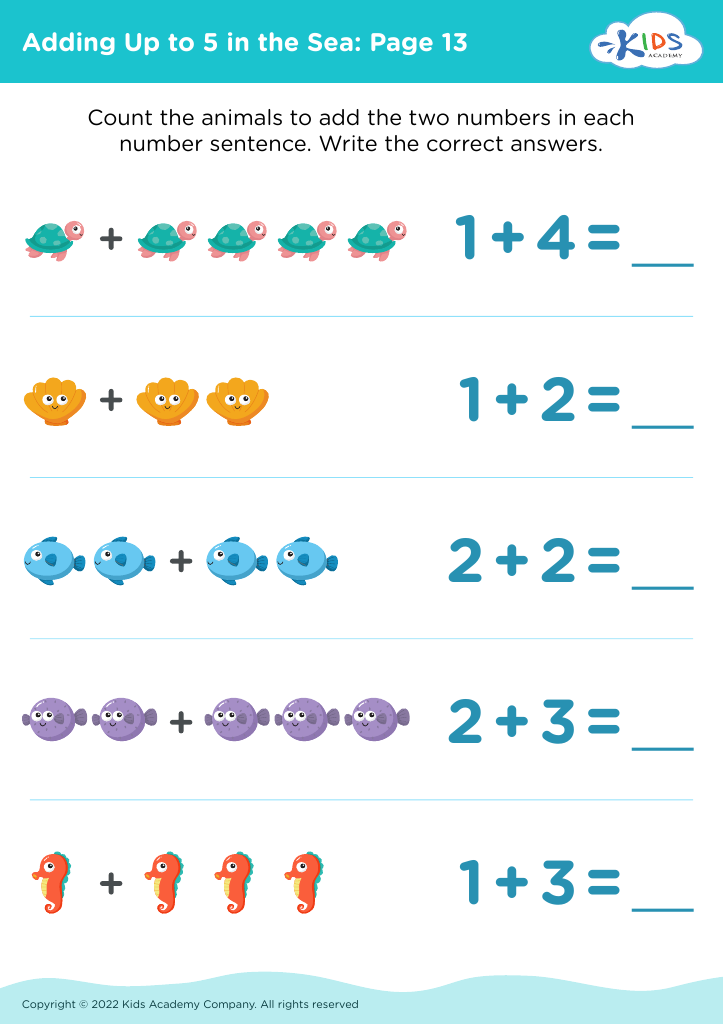
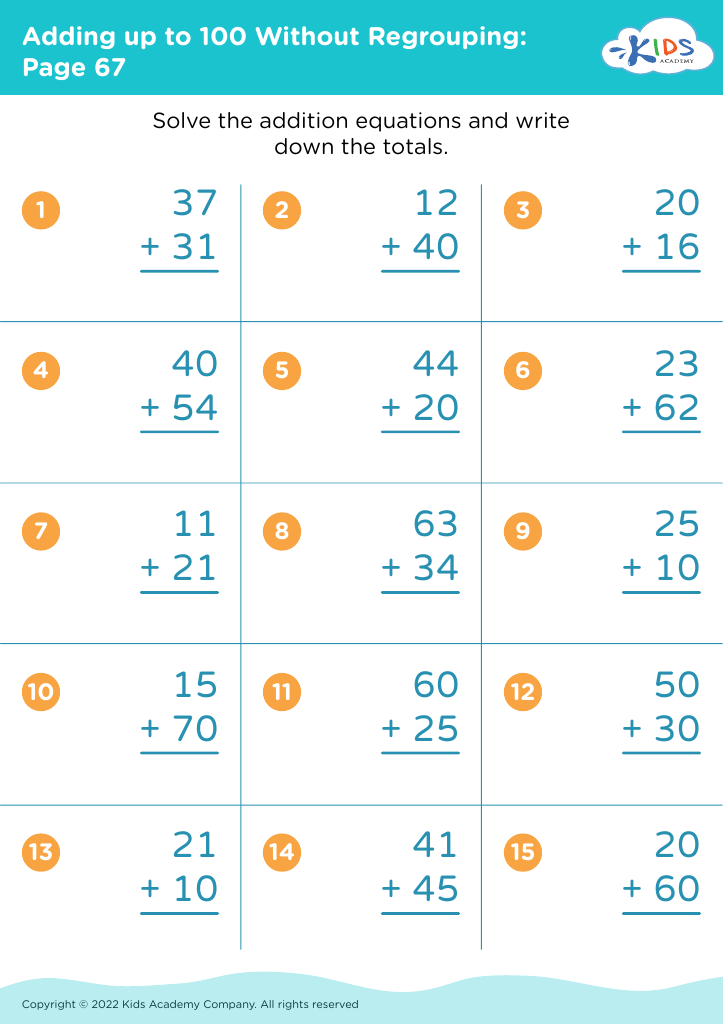
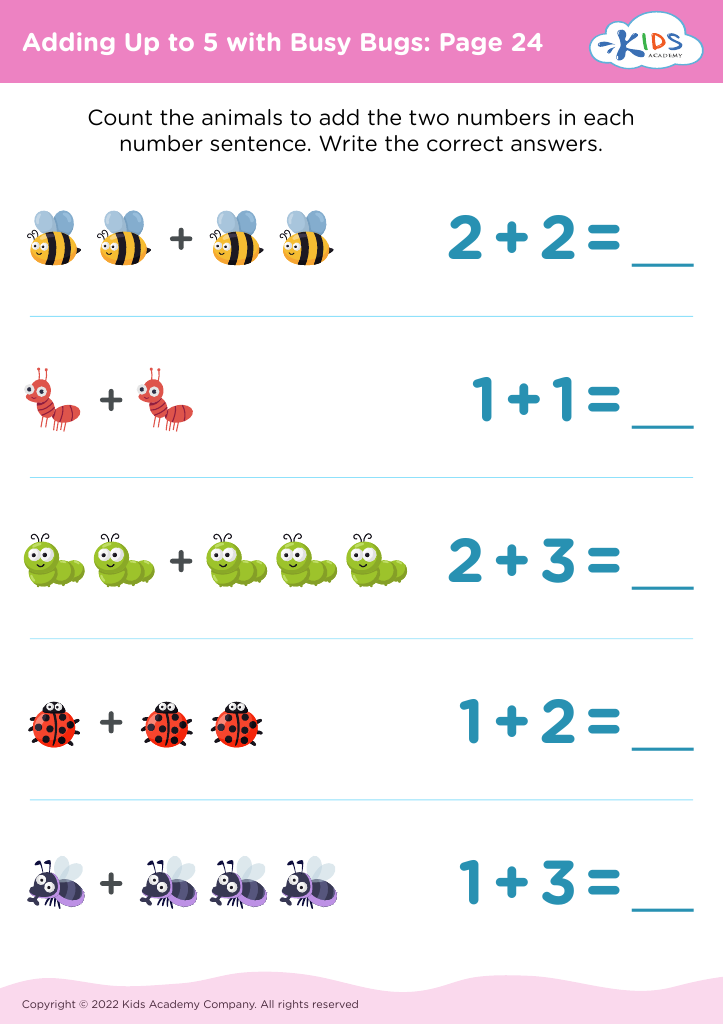
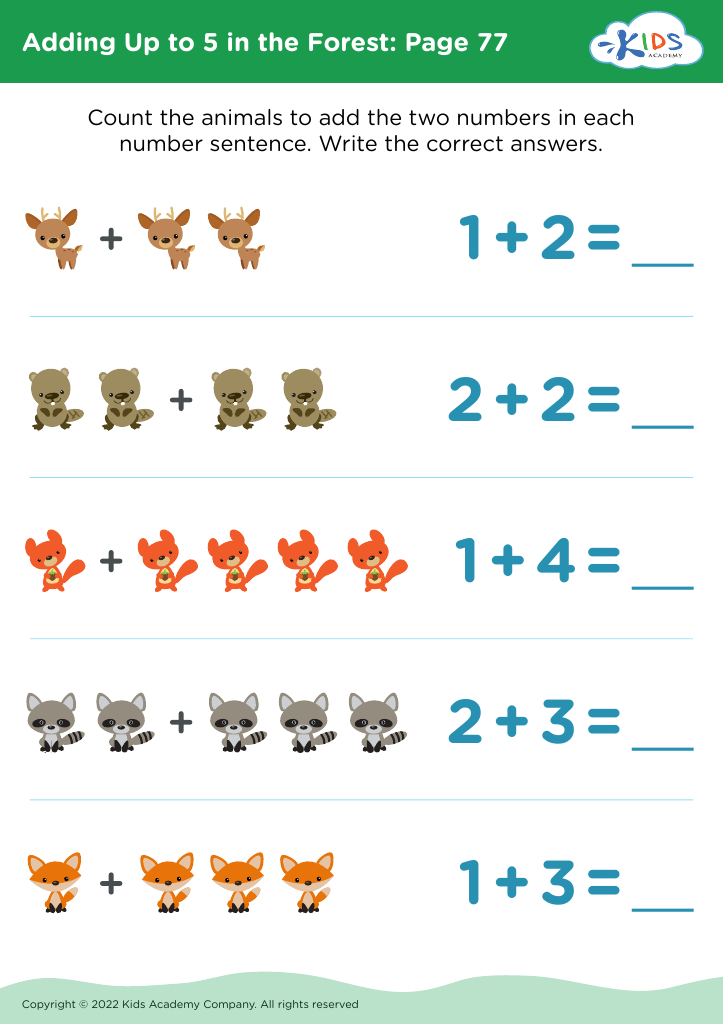
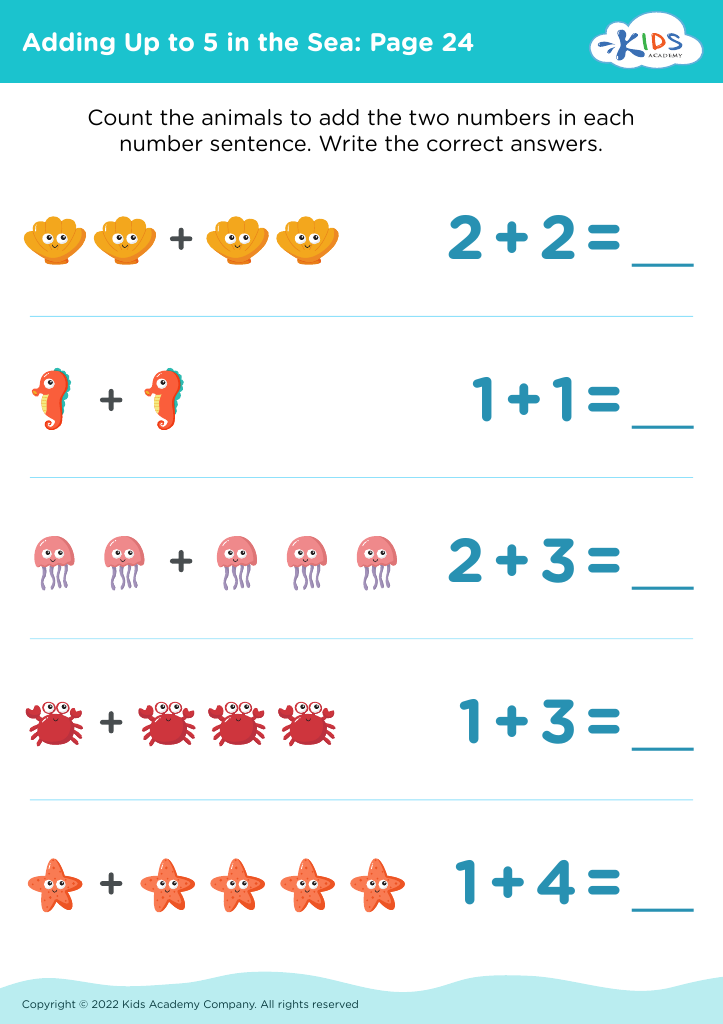

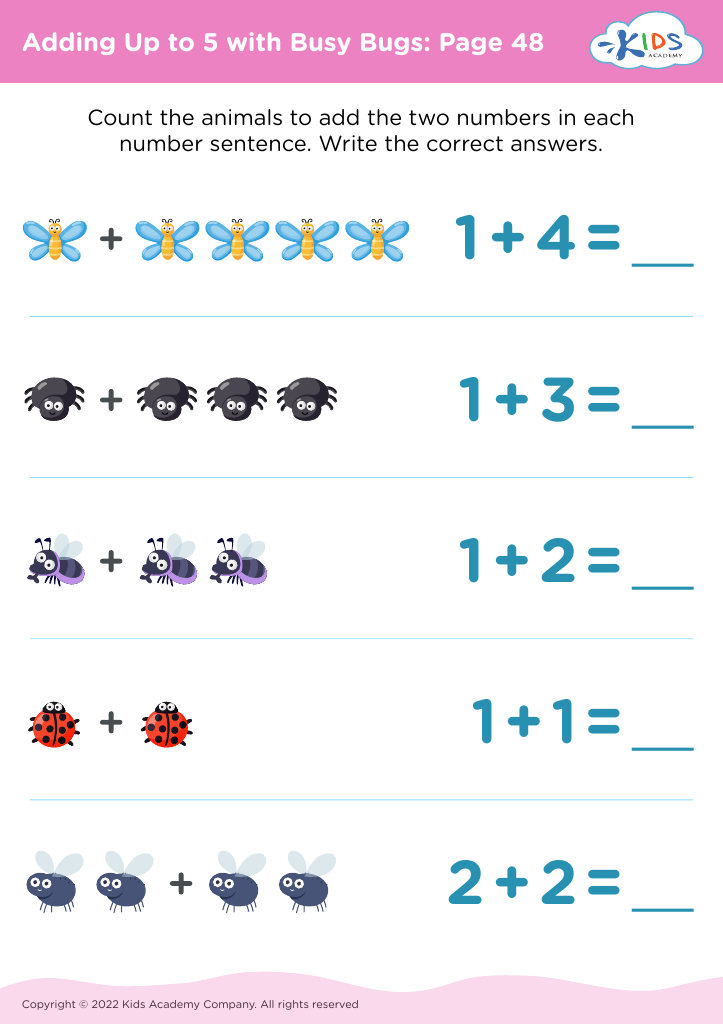
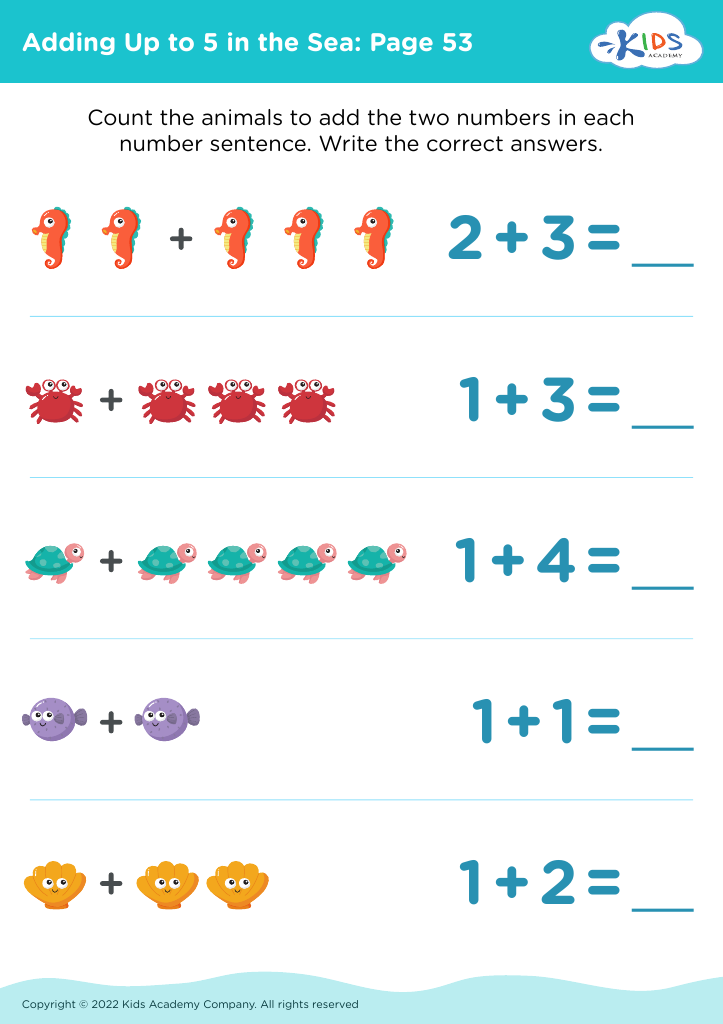
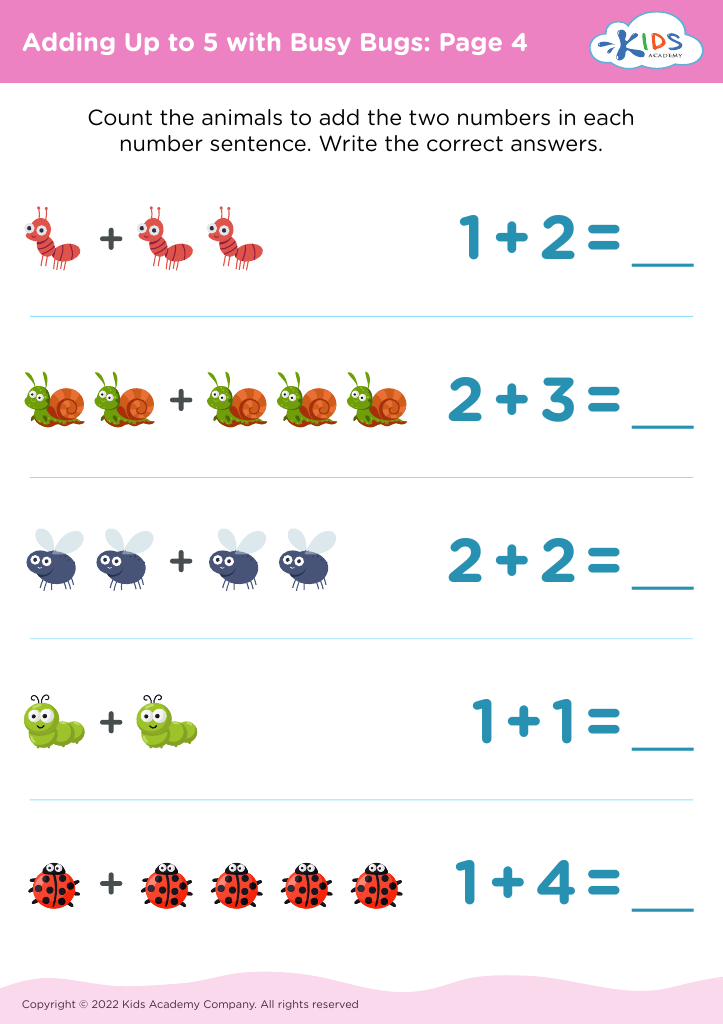
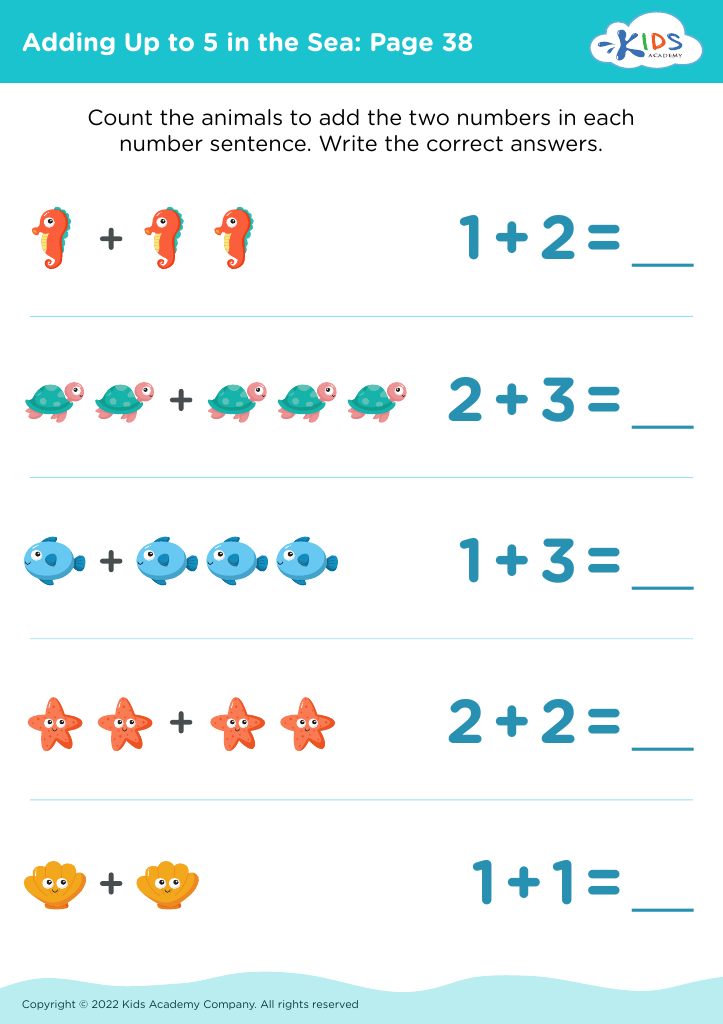
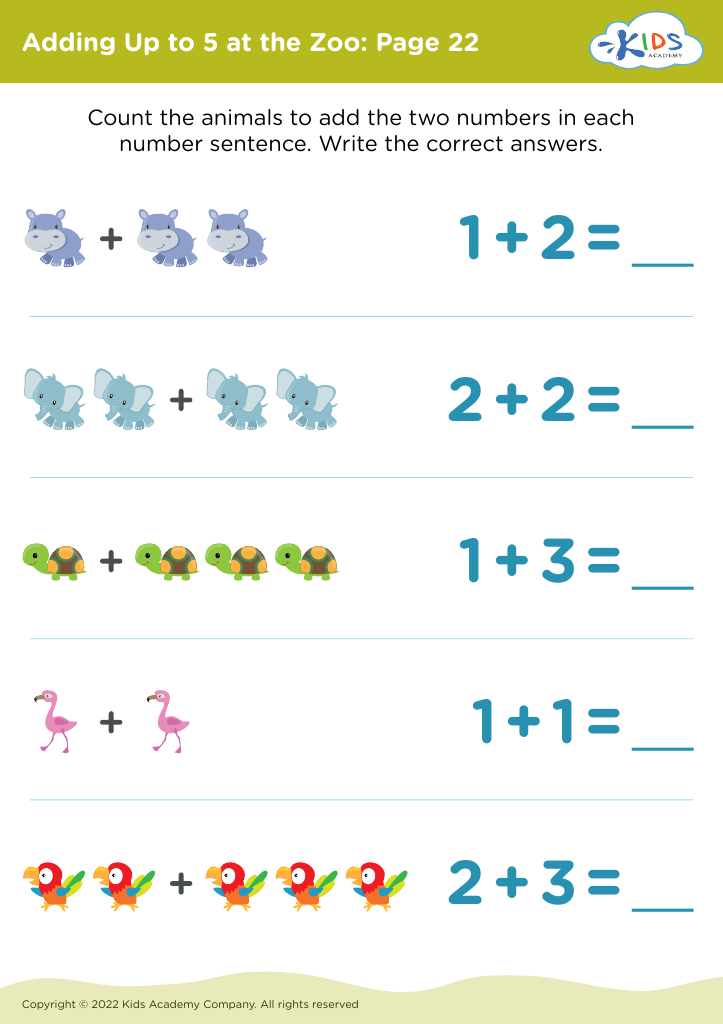
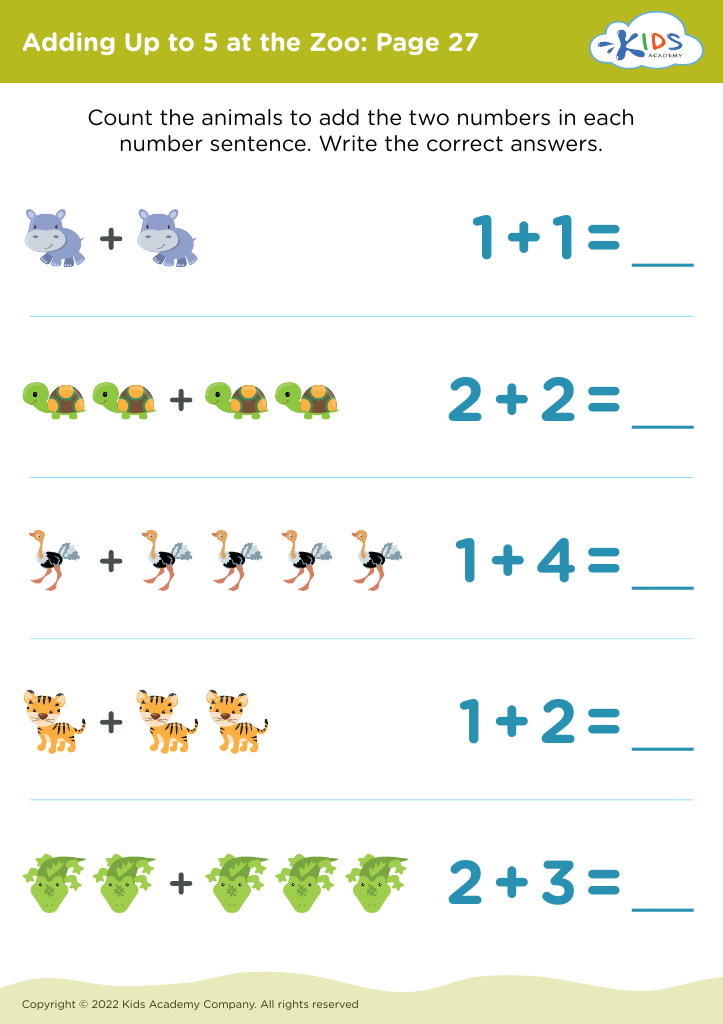





.jpg)










